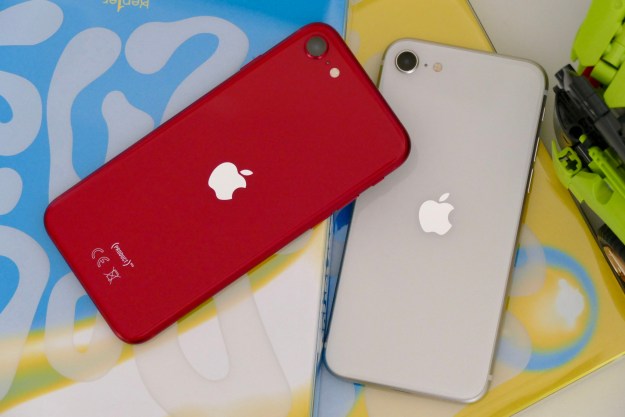
Apple is about to be slapped with a 3 million won ($2,829) fine from South Korea’s telecom regulator over charges stemming from a four month investigation into iPhone tracking. The Korea Communications Commission’s investigation that, from June of last year until May this year, iPhones tracked their users’ whereabouts even if they turned off every option related to GPS and location.
According to the Wall Street Journal, Apple’s spokesman for South Korea denied that iPhones were tracking users’ locations, and it unknown whether Apple will actually pay the fine.
While the fine itself is just a drop in the bucket for Apple, the allegations of major privacy issues can’t be good for business in a country that has been a brisk mover of iPhones since the phone’s November 2009 in-country release. More troubling is the fact that it’s the first fine of its kind imposed on Apple, which despite the low monetary cost, does set a precedent that could lead to much larger suits in the future.
However, it’s not the first time Apple has gotten into trouble over iPhone tracking. In April, researchers found that iPhones kept lengthy, unencrypted files of location data. Apple claimed that the data was part of the iPhone’s assisted GPS system, which mapped out Wi-Fi hotspots and cell phone tower locations to more quickly locate the phone’s position. Apple did end up admitting that the system stored too much information and that there was no way for users to switch it off, and addressed both issues with changes in iOS 4.3.3.
In South Korea, Apple has already settled a suit filed in April over the phone tracking allegations. The plaintiff claimed the iPhone’s storage of location data violated his privacy, and agreed to a one million won (around $945) settlement.
Editors' Recommendations
- Best refurbished iPhone deals: Get an iPhone 14 for $513
- An Apple insider just revealed how iOS 18’s AI features will work
- 5 phones you should buy instead of the iPhone 15
- iPhone 16: news, rumored price, release date, and more
- Why you should buy the iPhone 15 Pro instead of the iPhone 15 Pro Max


